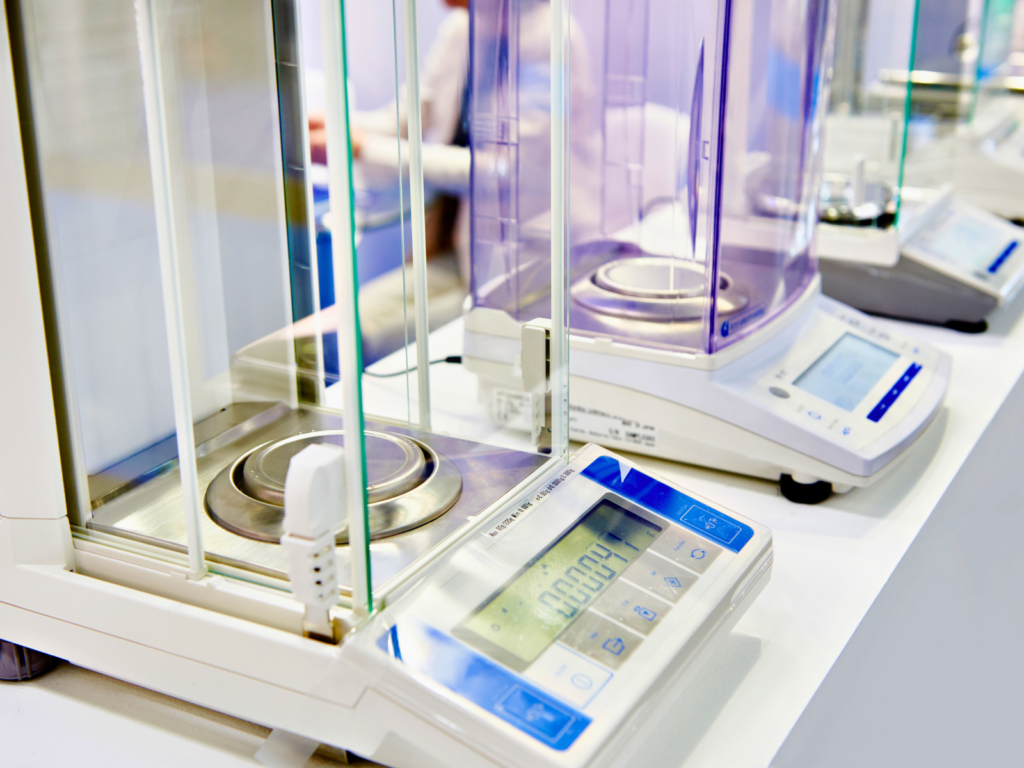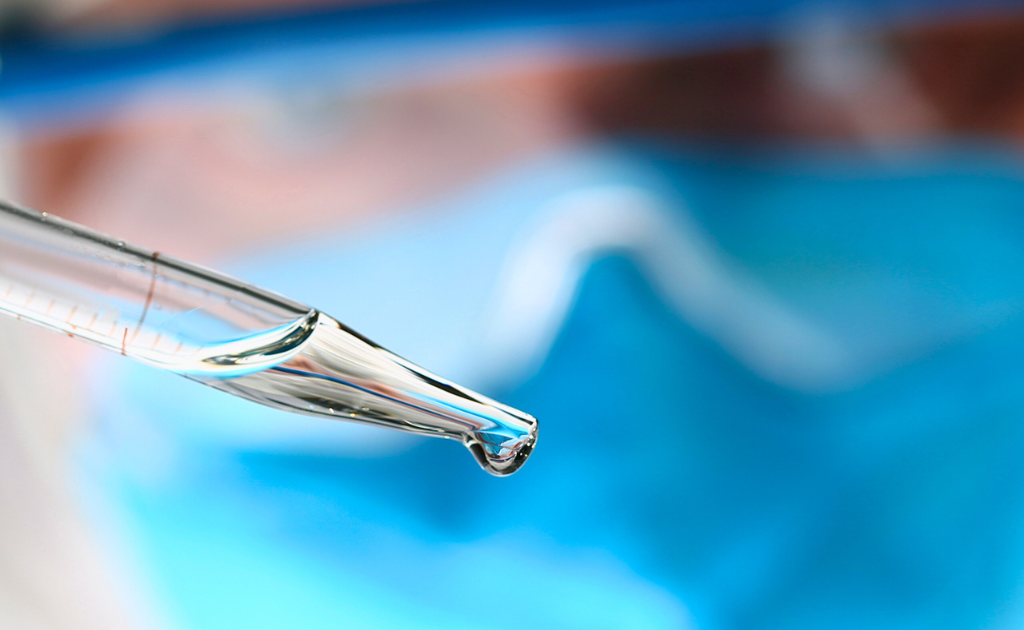Finding an Expert Aircraft Maintenance Calibration Lab: What Makes it Critical in the Aviation Industry?
An aviation organization simply cannot ensure safety, quality, and performance without proper, ongoing, and well-documented instrument calibration. For this reason, it’s vital to know what to look for in an expert aircraft maintenance calibration lab.
The costs associated with equipment, tools, and machinery in the aviation industry are very substantial. It can cost thousands of dollars to repair a malfunctioning component or equipment on an aircraft. A situation such as this demands that equipment and technology be used at 100% efficiency levels especially when so much is on the line.
No doubt, safety is of paramount importance in the aviation industry. It’s imperative that precision tools and measuring equipment be regularly calibrated. This is certainly a requirement in order to ensure quality and the performance of the aircraft. Uncalibrated equipment may result in unpredictable and inaccurate manufacturing results.
Aircraft equipment has unique accuracy and reliability specifications established by the National Institute of Standards and Technology (NIST) and the Federal Aviation Administration (FAA). In order to comply with these strict requirements, the measurement data obtained from the equipment used to certify airplanes must be of a high degree of confidence and integrity.
Failure is costly in any industry, but the aviation industry has an additional responsibility when it comes to safeguarding the safety of passengers and crew members. The aviation industry is heavily regulated. The FAA, for example, requires extensive documentation for every aspect of a calibration program.
Maintaining the quality and performance of equipment requires calibration. All brand-new equipment as well as equipment that has been repaired or modified requires calibration. Additionally, it’s imperative to remember that some equipment may require more frequent calibration depending on its use, environment, and when physical damage is notable.
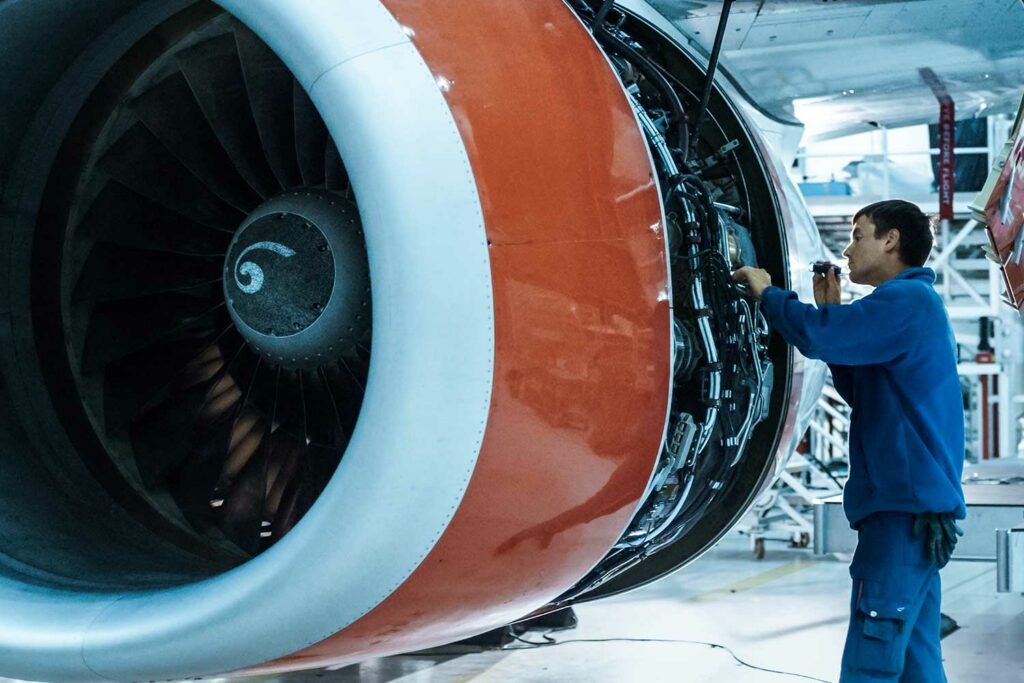
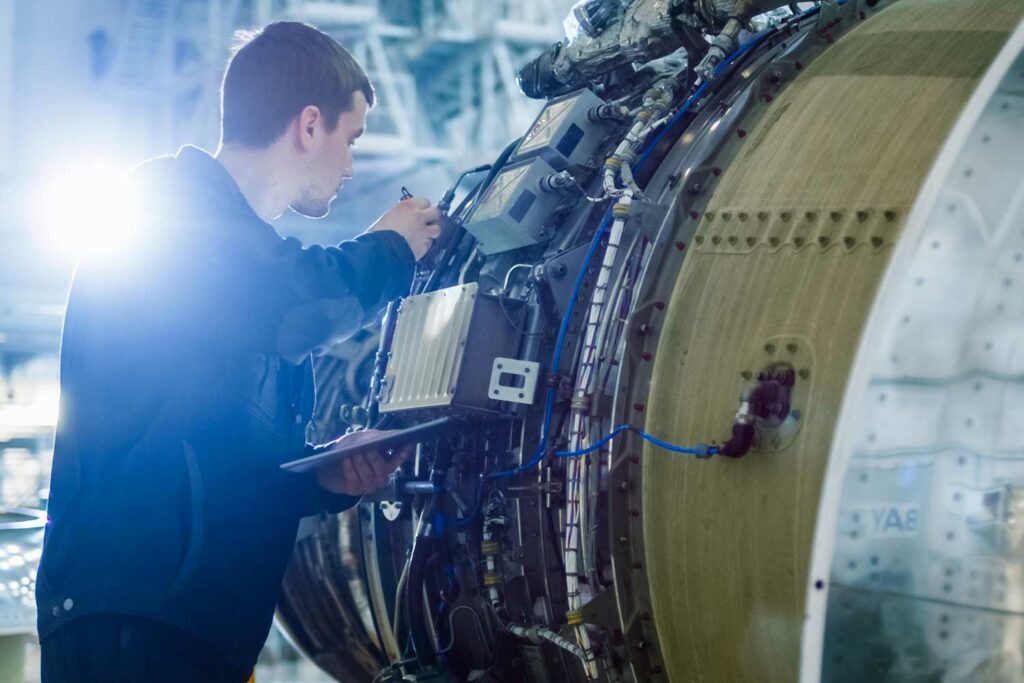
Four reasons to regularly calibrate equipment
1. Ensure compliance and consistency with industry standards
2. Eliminate safety risks
3. Reduce costly errors
4. Avoid company downturns
In the aviation industry, effective calibration programs are essential. Calibration programs should include the following components:
· Documented calibration processes
· Regulatory compliance
· Documentation control
· Record keeping
· A contingency plan that covers the risks of potential failures within the calibration system
Measurement Traceability
Traceability of measurements is the ability to establish a link between the results of the calibration of an instrument and the results of a national or international reference standard.
Calibration of the instruments that test critical aircraft systems, including hydraulics, electricals, and avionics, should be carried out regularly. Comprehensive quality systems call for the tracking of all instruments that have an impact on performance.
An effective calibration program tracks the inventory of all testing, measurement, and control equipment in an organization to ensure compliance with all applicable standards.
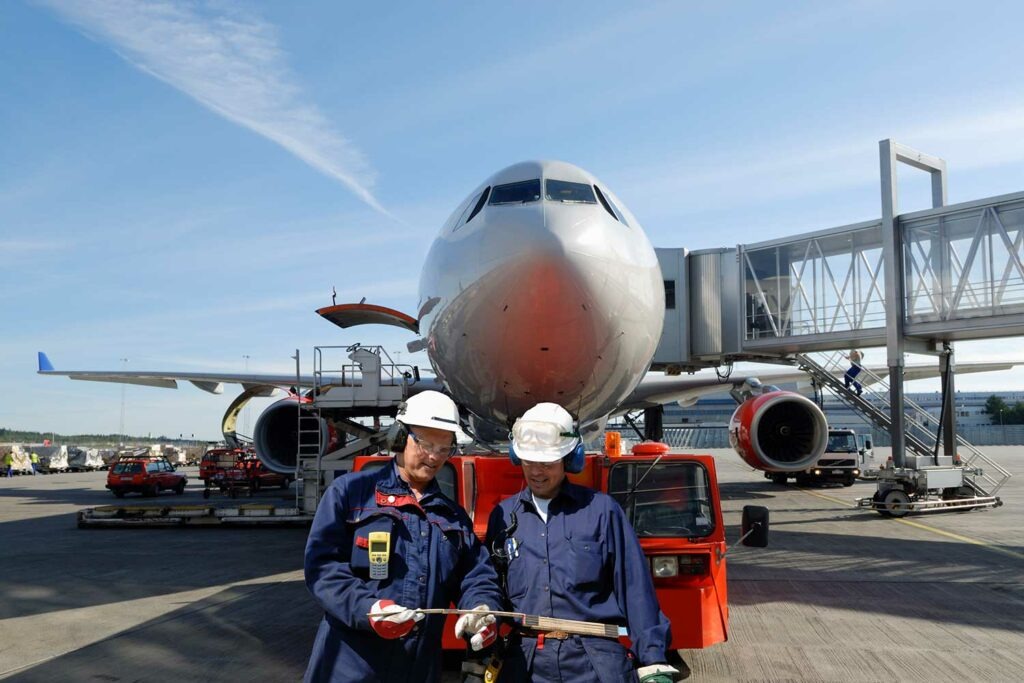
Why Choose Allometrics?
Allometrics has over 40 years of industry experience. Our certified expert technicians (PMEL, ASQCCT) will adjust and repair instruments to ensure that they comply with required specifications. Full documentation and certificates are issued promptly for each calibration service provided.
We proudly offer “Gold Star Priority Service” including:
· Speedy Rapid Response
· Expert Calibration Services
· A state-of-the-art ISO 17025 Accredited Laboratory Facility
· Pick-up and drop-off services
· Mobile Onsite Service
No matter what the size of the job is, our technicians will work quickly and coordinate with your team to get the job done.
Our aviation calibration capabilities include:
1. Weight Sets
2. Calipers
3. Torque Wrenches
4. Scales
5. Gauge Blocks
6. Spring gauges
7. Pressure Gauges
8. Calipers
9. Drum Wrenches
10. Rulers
11. Weights
12. Balances
13. Squares
14. Airflow Anemometers
15. Levelers
16. Temperature
17. Crimpers
18. Tensiometers
19. Decade boxes
20. Tire Gauges
21. Strut gauges
22. Micrometers
23. Meggers/insulation testers
24. Depth Gauges
25. Torque transducers
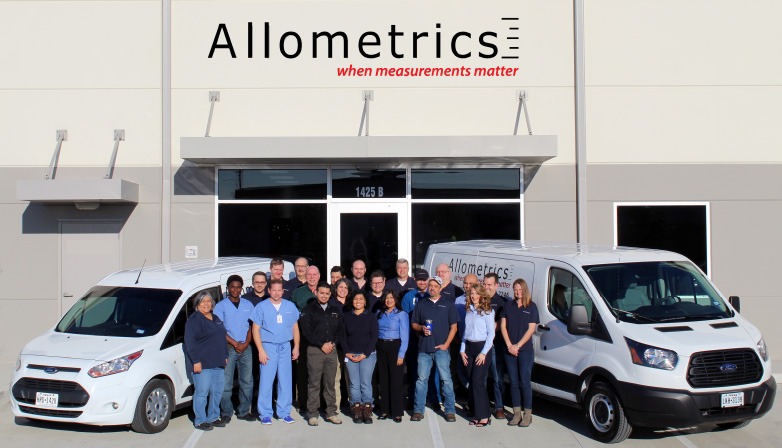
Contact us today! We look forward to partnering with you!
Sales@allometrics.com

